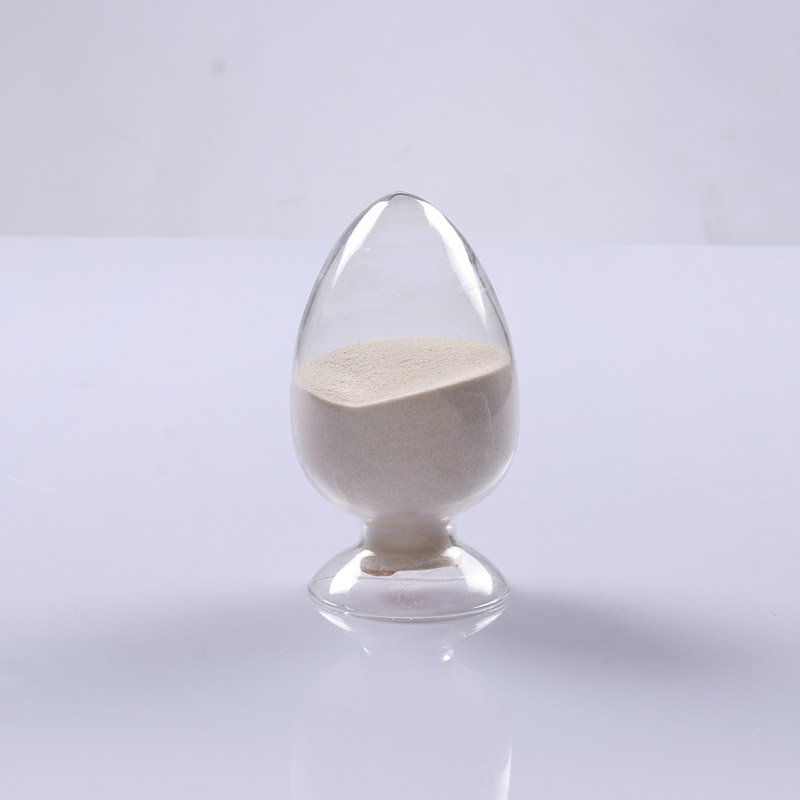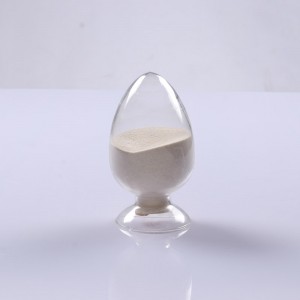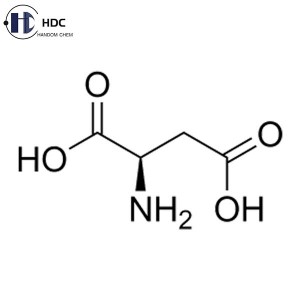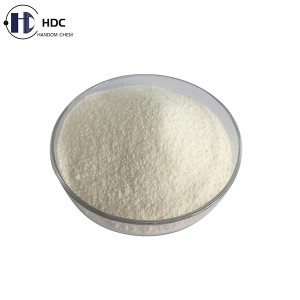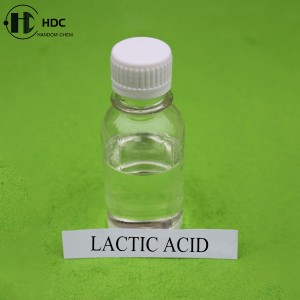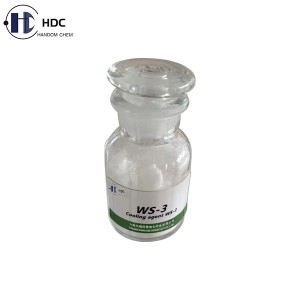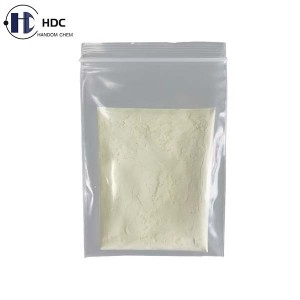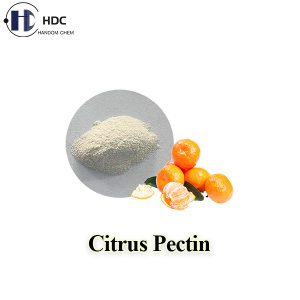Modified Citrus Pectin
Brief Introduction
The full name of small molecule pectin is Modified Citrus Pectin (MCP for short), also known as Low Molecular Citrus Pectin (LCP for short), which is extracted from the peel and pulp of citrus, lemon, orange and grapefruit. A polysaccharide complex with galactose as the main component. MCP has anti-tumor, anti-aging, anti-virus, anti-inflammatory, anti-ulcer, hypoglycemic, hypolipidemic, anticoagulant and immune function and other aspects of pharmacology effect, attracting more and more attention.
Features & Functions
Small molecule pectin MCP mainly has the functions of anti-cancer and anti-cancer, regulating cardiovascular, eliminating heavy metals, improving the quality of life of diabetic patients, and hangover.
|
1. Small molecule pectin has good anticancer activity: |
Studies have found that small molecule citrus pectin is a competitive inhibitor of galectin-3 ligands in vivo. It has obvious sequence similarity with Bcl-2, and both contain NWGR motifs at the carboxy terminus. And this motif is necessary for Bcl-2 to inhibit apoptosis. Bcl-2 inhibits apoptotic oncogenes and acts on endogenous apoptotic signaling pathways. Research experiments have shown that small molecule pectin has a strong inhibitory effect on PC3 prostate cancer cells, the inhibition rate can reach 38% at medium doses(2.5mg/mL), and 80% to 90% at high doses(5~10mg/mL). |
|
2. Small molecule pectin supports cardiovascular health: |
Small molecule pectin can effectively lower blood sugar levels and have a certain protective effect on hyperlipidemia caused by high blood sugar. In addition, small molecule pectin can improve obesity and reduce high blood lipid levels. |
|
3. Small molecule pectin also has a certain preventive effect on lead poisoning: |
It has been confirmed by animal and clinical experiments that the natural chelation function of small molecule pectin is the most ideal and successful solution to the pollution of heavy metals in the body. Therefore, it has the function of preventing various diseases, especially for the removal of harmful cells and the elimination of toxins in the body. Function. Unlike general chemical chelating agents, small molecule pectin detoxifies harmful toxins such as lead, mercury, and arsenic from the body without affecting the key levels of other minerals such as calcium, magnesium, and zinc. |
|
4. Small molecule pectin improves the quality of life of diabetic patients: |
After small molecule pectin is absorbed into the gastrointestinal tract, it forms a gel filtration system in the intestine, which changes the digestion and absorption of nutrients including monosaccharides and disaccharides, and at the same time forms an isolation layer on the surface of the small intestinal mucosa, hindering the intestinal absorption of glucose. Excrete excess glucose from the body. At the same time, small molecule pectin can reduce the secretion of gastrointestinal hormone "gastroinhibitory polypeptide" and reduce the absorption rate of glucose. Small molecule citrus pectin (MCP) opens a new avenue for drug and dietary treatment of diabetes. It has a certain protective effect on hyperlipidemia caused by hyperglycemia. |
|
5. Anti-alcohol function of small molecule pectin: |
The small molecule citrus pectin has good water solubility. After the human body takes it, it can not only form a protective film in the gastrointestinal tract to prevent the absorption of alcohol, protect the gastrointestinal tract, but also activate the activity of anti-alcohol enzymes and promote the decomposition of absorbed alcohol. into carbon dioxide and water, which prevents the absorption of alcohol and promotes the double hangover effect of alcohol decomposition |
Specifications
| Test Items | Test Standard/Technical Requirement | Index |
| Appearance | Light yellow to brown powder | / |
| Moisture | GB25533-2010 | ≤12% |
| Galacturonic Acid | QB-HDC002 | ≥65% |
| Degree of Esterification | GB-HDC002 | 2 ~ 33 |
| Molecular Weight | / | 5000 ~ 22000 Da |
| Viscosity(mPa.s) | 4% solution, viscometer | / |
| Lead(Pb) | GB2762-2012 | ≤5.0 mg/kg |
| Transmittance(1%) | 1% solution, spectrophotometer | / |
| Total Plate Count | GB4789.2-2016 | ≤1000 CFU/g |
| Yeasts & Moulds | GB4789.3-2016 | ≤100 CFU/g |
| Coliforms | GB4789.15-2016 | ≤30 CFU/g |


